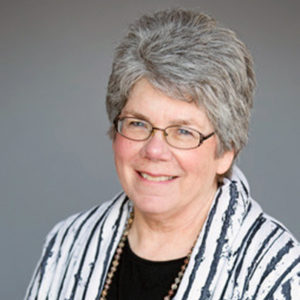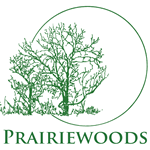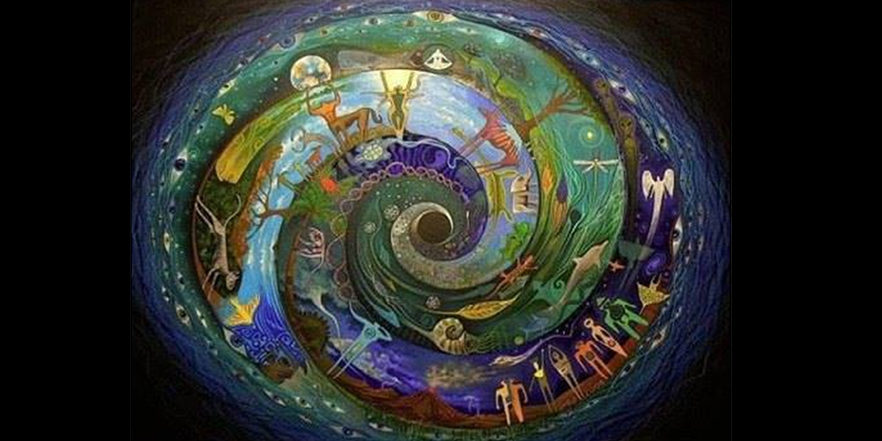 Recently the ongoingness of my life journey has become clearer. I have become aware of some wide patterns I seem to live, one in particular. Throughout my life I have enjoyed “moving on”—I start an adventure/experience, dig into the learning and practices, become knowledgeable and/or somewhat proficient; and then something new will catch my attention and I will “move on” to the new adventure. The “moving on” is not out of dissatisfaction or boredom, rather, I like to think, out of the desire to keep learning. Guilt also has crept into my reflections—thinking this “moving on” was an inability to commit or to really follow through. I now consider this “moving on” a natural growth progression, and I evolve with each new experience. I look at the ideas, work, practices that I’ve learned from and moved on from as foundational to the new and realize it’s okay to leave behind some things/patterns/beliefs and “move on” to the new.
Recently the ongoingness of my life journey has become clearer. I have become aware of some wide patterns I seem to live, one in particular. Throughout my life I have enjoyed “moving on”—I start an adventure/experience, dig into the learning and practices, become knowledgeable and/or somewhat proficient; and then something new will catch my attention and I will “move on” to the new adventure. The “moving on” is not out of dissatisfaction or boredom, rather, I like to think, out of the desire to keep learning. Guilt also has crept into my reflections—thinking this “moving on” was an inability to commit or to really follow through. I now consider this “moving on” a natural growth progression, and I evolve with each new experience. I look at the ideas, work, practices that I’ve learned from and moved on from as foundational to the new and realize it’s okay to leave behind some things/patterns/beliefs and “move on” to the new.
This “moving on” pattern has been going on for some time—it is obviously a life pattern for me. What has surprised me is how slowly I have recognized this as a pattern and not a defect.
All this to say, I have recently begun an exploration of the concept of kinship. I’ve started reading a series of five compilations of essays and poems called Kinship: Belonging in a World of Relations edited by Gavin Van Horn, Robin Wall Kimmerer and John Hausdoerffer.
Right away—in the title—the sense of wholeness strikes me. My life is dependent on relationships. The human relationships are obvious, and I do consider myself dependent on other humans. I am also totally dependent on the air, water, food from the earth, and I am sharing this dependency with every other being. The patterns and relationships that exist so that I can live are almost beyond my comprehension. Kinship now takes on a much deeper, wider meaning. A major shift in my consciousness is happening as this realization of my dependency sinks into my comprehension of who I am. The African adage of “unbuntu”—I am because you are—or the Indigenous Lakota “mitakuye oyasin”—all my relations—now make much more sense to me. I cannot exist without being in relationship with all—the air, the water, the grasses, the animals as well as humans. And I am beginning to realize that I really do not know how to be in relationships with all. So far, my behavior says my relationships are pretty one sided. My question now becomes, “What does it mean to be in right relations with all?” How do I learn to listen to all the voices of the relations, of my kin? I don’t know the language of trees—where can I learn it? The only language I know is English—I cannot even communicate with humans in India, let alone with the oceans and rivers. My privilege is apparent as I take for granted the food I purchase at the grocery store without a thought as to the earth that produced it and the rights or care this earth needs in order to keep living.
This “moving on” offers not just the excitement of something new, but also opens the understandings that will ask me to change my actions. Not something I’m good at. So, it now becomes a choice I must make—do I work to become a better kin or remain in my known, somewhat comfortable pattern of human ignorance.
—Ellen Bruckner
image from Foundation for Wellness and Happiness


